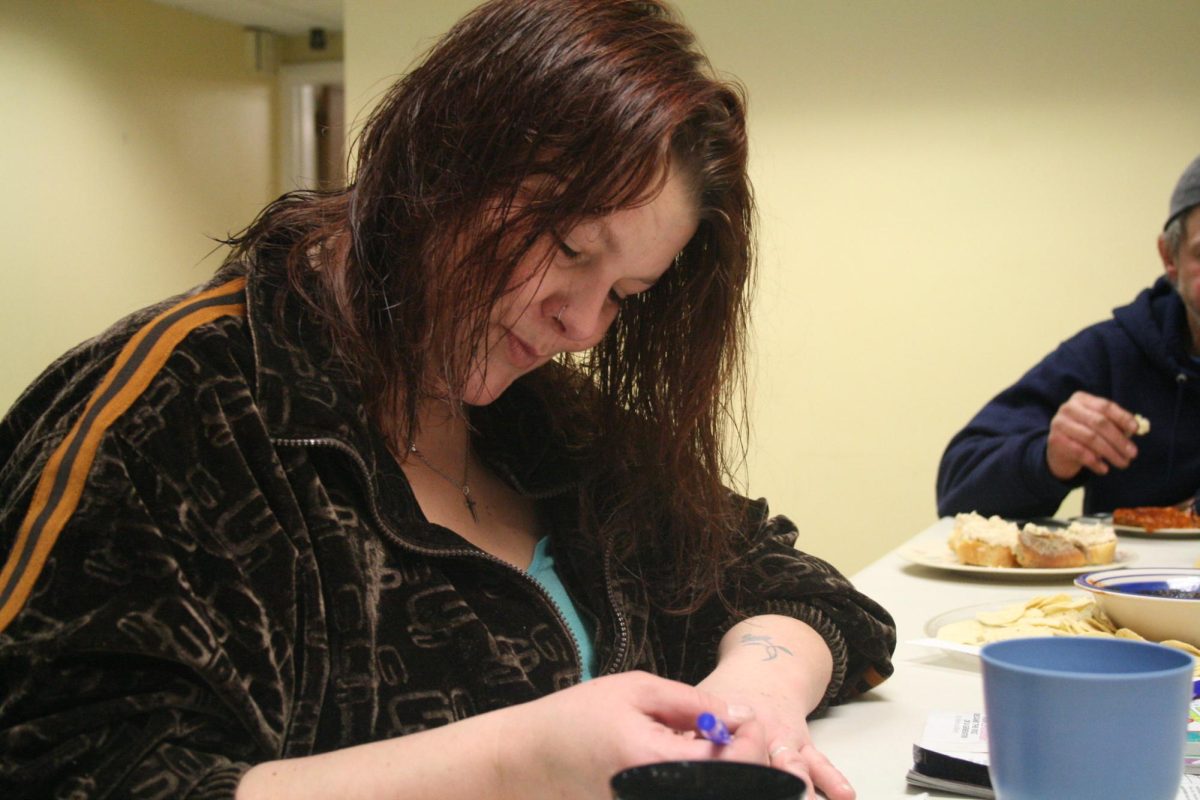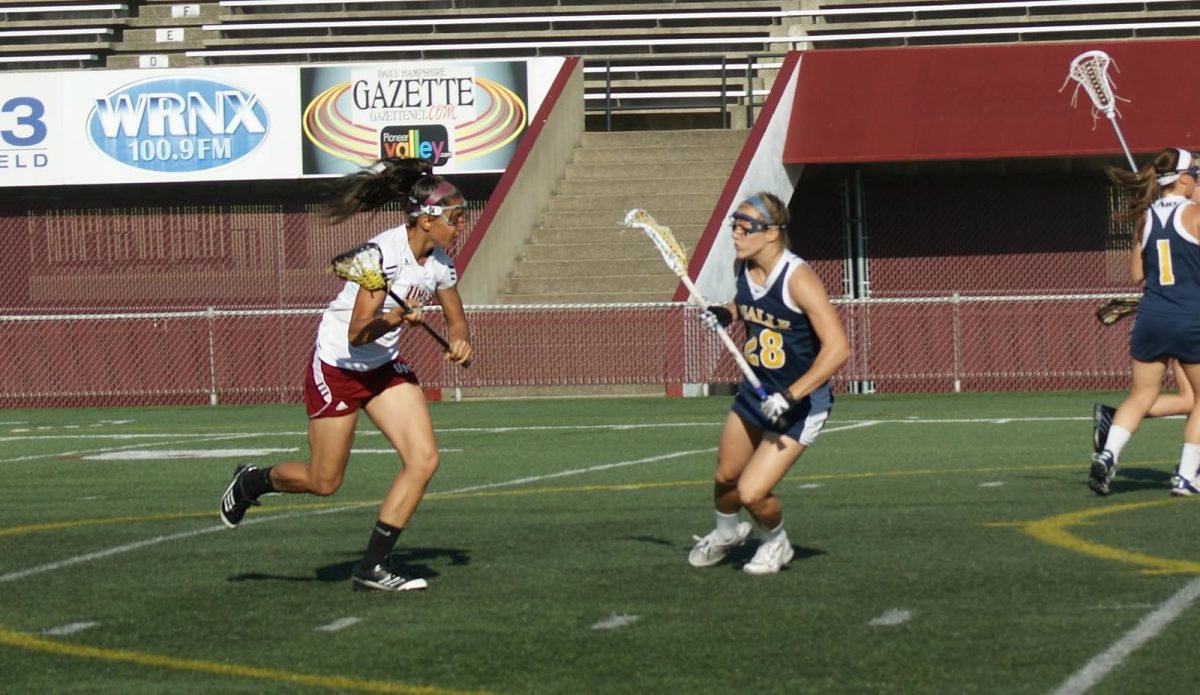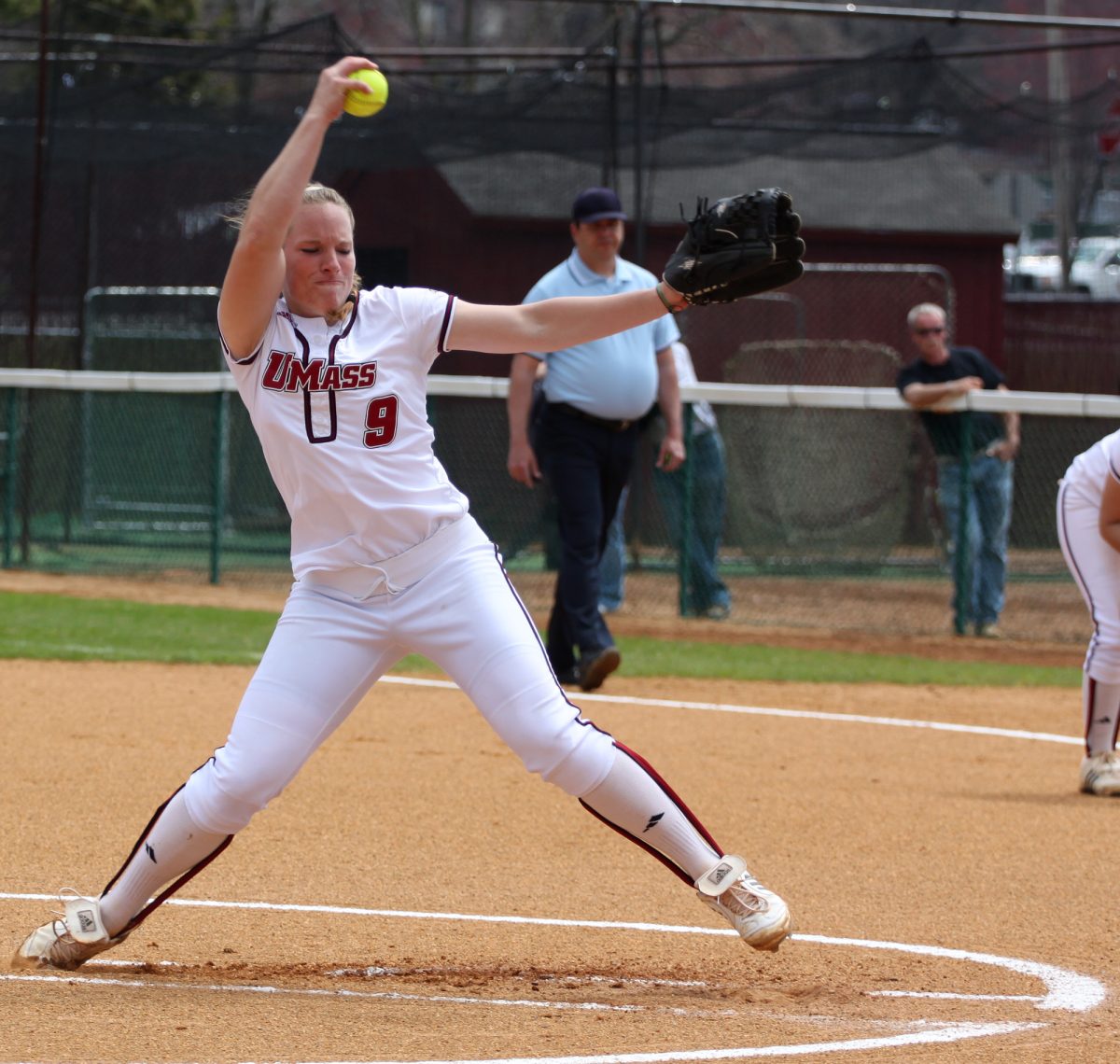The University of Massachusetts Tuesday announced that its Consortium for Distributed Decision Making has received a “highly competitive” IBM Shared University Research award valued at about $255,000 that includes an 84-processor IBM eServer BladeCenter, a machine described as holding an enormous amount of storage capacity.
“This is the latest and greatest technology, and we have problems lined up that need such computing power,” said Abhijit Deshmukh, the professor in the mechanical and industrial engineering department who worked closely with the acquisition of the grant.
This technology will be used to speed the research of several current projects as well as facilitate the researching of new projects in the future.
The Consortium has been researching the dynamics of groups in which entities, in working together, make individual decisions that affect the entire group they compose. In the situations the Consortium is working with, the individual decision-makers do not work with the commands of a central oversight. Instead they work independently, yet their effects reach far beyond themselves.
“[The grant] will allow us to really model these scenarios in detail,” Deshmukh said.
Examples Deshmukh cited include the electric power grid, the Collaborative Adaptive Sensing of the Atmosphere – a research project encompassing four universities including UMass – and various homeland security initiatives.
Deshmukh also gave an example from nature. Ants, he said, work almost entirely without a central command, and their communities still thrive and carry out the necessary functions to continue to live. The queen ant is solely responsible for mating, he said.
The natural example has provided a great deal of insight for Deshmukh, who said he has been working with a biologist from the State University of New York at Stony Brook.
“What we can learn from nature is another question we are looking at,” he said. “Nature has gone through this evolutionary process for millions of years.”
This subject, Deshmukh said, “cuts across pure science, biology, social sciences and engineering.”
According to Deshmukh, the research would have been possible even without the grant, but would have taken a lot more time and effort to complete.
“What it has suddenly done [is] expedited this [research] and given us access to the latest technology.”
The technology adds to the Consortium, about the computing power of a one-year-old supercomputer, Deshmukh said. Each of the 84 processors, or Blades, is a 2.8 GHz processor with 2 GB of on-chip RAM. Deshmukh’s group will combine the BladeCenter with another 80 processors they currently have in the lab, donated by Sun Microsystems. All of the current processors are also Blades, allowing them to be combined with the system, according to Deshmukh.
In addition to the technology, the Consortium will have the opportunity to work closely with researchers at IBM. According to Deshmukh, this partnership will be beneficial to both parties.
“We have visited IBM and they have visited our people,” Deshmukh said. “We have given them presentations and we are trying to identify the right people and the right projects at IBM that would tie in with our projects here.”






